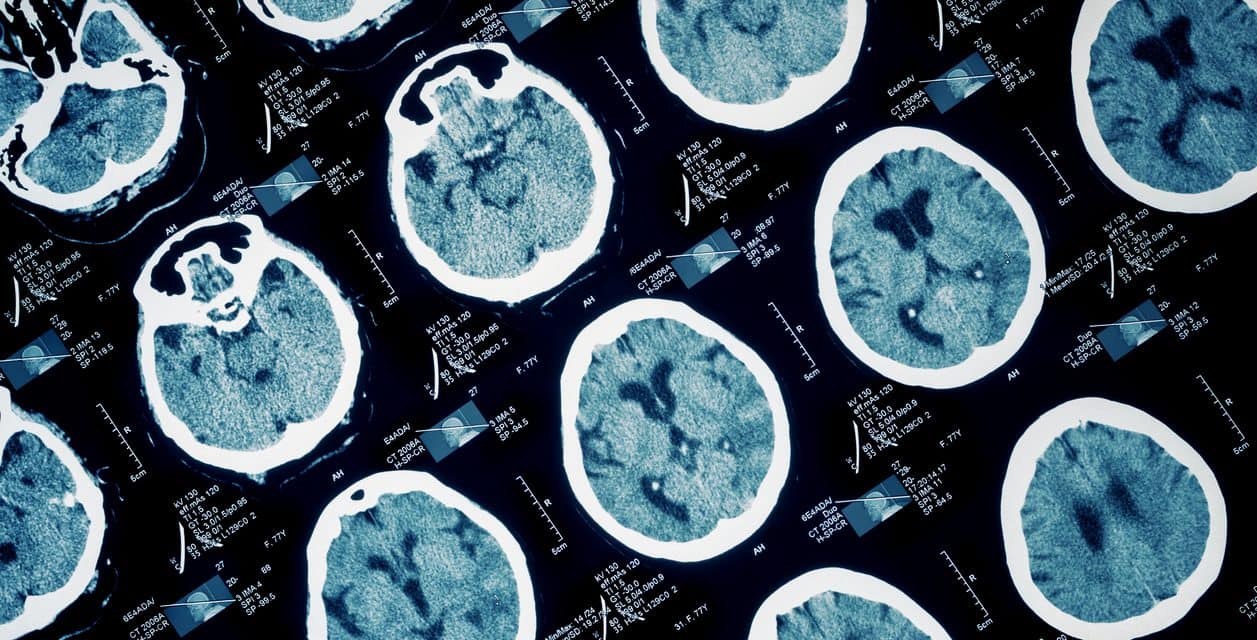
DENVER—Transgender and gender non-binary-identifying adults are more likely than cis-gender individuals to self-report that they have diminished memory and other thinking deficiencies, researchers reported here at the hybrid meeting of the Alzheimer’s Association International Conference (AAIC).
In a study from researchers at Emory University in Atlanta, 17.06% of transgender adults reported subjective cognitive decline compared with 10.4% of adults whose personal identity and gender matches their birth sex (cisgender) (P<0.001); and 64.71% of transgender-non-binary individuals claimed these cognitive declines led to functional limitations, compared with 44.37% of cisgender individuals (P<0.0001).
And, in a study from the University of Wisconsin, researchers found that transgender-non-binary individuals were more likely to experience depression and cognitive disability than cisgender individuals, with greater percentages of depression and cognitive decline among those who identified as non-binary—that is, they don’t identify as their birth sex but don’t consider themselves transgender.
“We know far too little about Alzheimer’s, dementia and cognitive well-being among transgender and gender non-binary individuals,” said Carl V. Hill, PhD, MPH, Alzheimer’s Association chief diversity, equity, and inclusion officer. “As we learn more about dementia within this population, there is a great need for health care that is culturally competent and delivered with humility to address the needs of aging transgender individuals and their loved ones.”
Using data from the 2015-2019 Behavioral Risk Factor Surveillance System, a large annual health behavior survey led by the CDC, Ethan Cicero, PhD, RN, assistant professor of nursing at Emory University’s Nell Hodgson Woodruff School of Nursing, identified 385,227 cisgender individuals and 1,302 transgender individuals who participated in the survey that collected data on health and health behaviors of non-institutionalized adults in 33 states.
Logistic regression methods were used to determine the subjective cognitive decline and its associated functional limitations prevalences and test for differences in prevalence, demographic characteristics, and chronic health conditions among transgender and cisgender adults.
“We are not certain what may be causing the elevated subjective cognitive decline rates among transgender adults. We postulate that it may be in part due to anti-transgender stigma and prejudice that expose transgender people to high rates of mistreatment and discrimination where they live, work, learn, seek health care and age,” Cicero reported. “More research is needed to identify and target preventive intervention strategies, develop culturally relevant screenings, and shape policies to improve the health and well-being of the transgender population.”
In the Wisconsin study, Nickolas H. Lambrou, PhD, an assistant scientist at the Gleason Lab at the University of Wisconsin School of Medicine & Public Health, scrutinized responses from 231,414 individuals from the 2019 Behavioral Risk Factor Surveillance System; 955 identified as transgender or gender non-binary.
The researchers found prevalence of depression was 37% among transgender and non-binary adults compared to 19.2% of cisgender adults. Additionally, in the transgender and non-binary group 24.7% reported cognitive disability compared to 10.5% of cisgender counterparts. Adjusted odds of cognitive disability with depression were highest for transgender men (aOR=11.48; 95% CI=20.70-6.37) and cisgender men (aOR=9.22; 95% CI=9.65-8.81), followed by cisgender women (aOR=7.50; 95% CI=7.79-7.23), transgender women (aOR=4.71; 95% CI=7.93-2.79), and non-binary respondents (aOR=3.48; 95% CI=6.44-1.88).
Lambrou found that transgender/non-binary respondents were younger, with 48.3% of them between ages 18-44 years, compared with 26.8% of cis-gender counterparts. He said 24.4% of the transgender/non-binary respondents reported subjective cognitive disability compared with 10.5% of the cis-gender group.
“This research demonstrates that the cognitive health of transgender or gender non-binary adults is different than cis-gender adults, and that there are health differences within the transgender/non-binary population. Notably, these respondents reported depression and cognitive disability at more than twice the rate of cisgender adults,” Lambrou reported.
“These rates are concerning because cognitive disability may be a risk factor or early indicator of Alzheimer’s or other dementia. Further research is needed; it is critical that researchers include measures to identify transgender/non-binary participants so we have an accurate representation of their health and health behaviors,” Lambrou added.
In discussing the studies, Claire Sexton, DPhil, Alzheimer’s Association director of scientific programs and outreach, told BreakingMED that “subjective cognitive decline is a self-report of problems in memory or other types of cognition. It doesn’t necessarily always equate with someone having objectively reduced performance on cognitive testing.
“It is a heterogeneous condition in that sometimes it is reflective of something that is going on; it may be a risk factor, but in other cases it may be someone who has subjective cognitive decline, but that person may be completely fine and there is no reason to worry,” she added. “These are good studies with good sample sizes of people who are transgender or are non-binary. This is an area of interest. This is something that needs to be explored further so it can be understood at greater depth.”
-
Two studies indicate that transgender individuals or people who identify as gender non-binary have more subjective cognitive decline than is seen in the cis-gender population.
-
These transgender/non-binary groups also appear to have more depression than others.
Edward Susman, Contributing Writer, BreakingMED™
None of the authors nor discussants disclosed relationships with industry.
Cat ID: 130
Topic ID: 82,130,282,403,404,485,494,820,728,791,580,730,130,33,361,192,255,925,816


